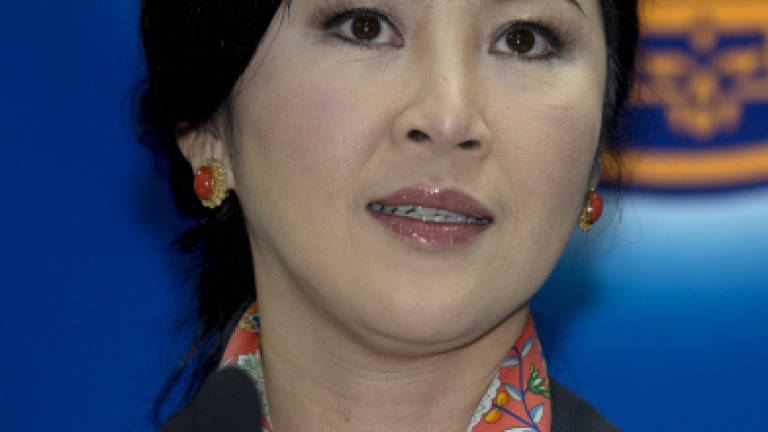Yingluck to face impeachment over rice subsidy scheme

BANGKOK: Thailand's former prime minister Yingluck Shinawatra (pix) who was removed from office by the Constitutional Court yesterday, was found guilty by the National Anti-Corruption Commission (NACC) today for dereliction of duty in a rice subsidy scheme.
The NACC recommended her impeachment based on her role as the chairman of the National Rice Policy Committee which is responsible for the subsidy scheme where the government bought rice from farmers at well above market price.
Yingluck now faces an impeachment vote in the Senate, which could see her banned from politics for five years.
Today's indictment is only for the Senate process, while the criminal procedure will continue carefully and transparently, according to the NACC.
The NACC decided to indict Yingluck in a unanimous decision of 7-0, saying she intended to abuse power that violated the constitution relating to policy implementation.
The NACC said Yingluck acknowledged the corruption in the scheme during proceeding, but she did not take action, which was seen as negligence.
The anti-corruption agency's investigation has turned up evidence of widespread corruption in the scheme. The government still owed farmers billions of bahts, while it now holds mountains of unsold rice.
The NACC's decision comes a day after the Constitutional Court removed Yingluck and nine of her Cabinet members from their posts over a separate case involving the transfer of National Security Council chief Thawil Pliensri.
However, the Thaksin Pheu Thai is still in control as most of the members of the caretaker government are still in their posts and as the new caretaker Prime Minister, Commerce Minister Niwatthamrong Boonsongphaisan, is a close ally of Yingluck and her brother, former Prime Minister Thaksin Shinawatra.
For months, anti-government groups have been trying to remove Yingluck from power, beginning with the move by government supporters to introduce an amnesty bill, which critics see as an attempt to secure a pardon for Thaksin and pave the way for his return from exile overseas. It led to street protests by anti-government People Democratic Reform Committee led by Suthep Thaugsuban.
A general election held in February was declared invalid by the court after the process was disrupted by the anti-government supporters, which are particularly strong in Bangkok and the south.
The Election Commission has been looking to hold a general election on July 20, but some opposition groups were not keen, seeking certain reforms to take place first.
Tomorrow, the anti-government group will hold a major rally, while on Saturday, it would be the turn of the pro-government Red Shirts. – Bernama